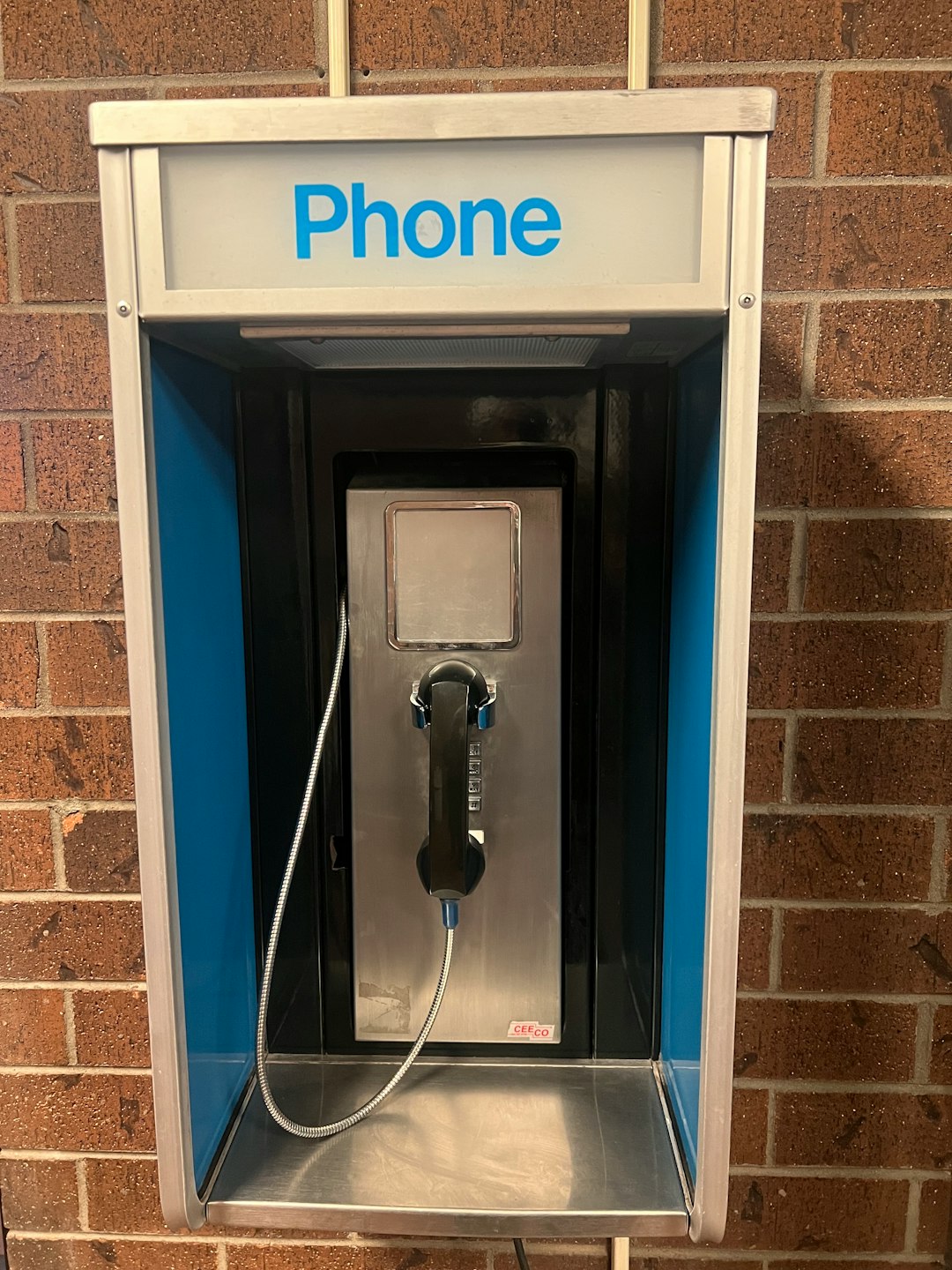In White Bear Lake, MN, advanced AI technologies have revolutionized spamming, making it harder to detect and increasing risks of scams and privacy breaches. Malicious actors impersonate local businesses or personal contacts through sophisticated AI-generated messages. A lawyer for Spam Text Minnesota is crucial in addressing this evolving threat, as the state's laws protect consumers from intrusive messaging while enabling businesses to use AI responsibly. A multi-faceted approach involving stricter regulations, legal expertise, technological advancements, and user education is needed to combat AI-driven spam effectively.
The quiet lakeside community of White Bear Lake is facing an unexpected threat—a surge in AI-generated spam. This insidious trend is not only disrupting daily life but also posing significant challenges to residents and businesses alike. With advanced AI technologies coming into play, the traditional spam landscape is evolving rapidly. This article explores the current state of affairs, delves into the legal implications for Minnesota, and presents effective strategies to combat this modern-day nuisance, highlighting the need for proactive measures to protect communities from AI-driven spamming activities.
Understanding the Current Spam Landscape in White Bear Lake

In recent years, the spam landscape in White Bear Lake, Minnesota, has evolved dramatically with the advent of advanced AI technologies. While traditional spam often involved unsolicited bulk emails or text messages promoting various products and services, the new era of AI-generated spam takes this to another level. Now, malicious actors are leveraging artificial intelligence to craft more sophisticated and convincing messages, targeting residents of White Bear Lake and across Minnesota.
These AI-driven spams can include personalized and highly targeted content, making them harder to detect and filter. They may impersonate local businesses or even individual friends and family members, creating a false sense of trust. A lawyer for Spam Text Minnesota highlights the growing concern among residents who are receiving an increasing number of such messages, often with urgent calls to action that can lead to potential scams and privacy breaches. Understanding this evolving threat is crucial in order to protect against the influx of AI-generated spam and its associated risks.
The Advancements in AI and its Role in Spam Generation

The advancements in Artificial Intelligence (AI) have significantly reshaped the landscape of digital communication, with both beneficial and concerning implications. One of the most striking developments is the increasing sophistication of AI-generated content, including spam text. These algorithms can now create highly personalized messages that mimic human language, making it incredibly challenging for users to distinguish between genuine and malicious communications. As a result, White Bear Lake residents are increasingly encountering sophisticated spam text, requiring the attention of legal experts like a lawyer for Spam Text Minnesota.
AI’s role in spam generation is not merely about volume; it’s about enhancing the effectiveness of these messages. By analyzing vast amounts of data, AI models can identify patterns and preferences, allowing spammers to tailor their content to specific audiences. This level of customization makes spamming more engaging and persuasive, increasing the likelihood of users interacting with malicious links or providing personal information unknowingly. As technology progresses, combating such sophisticated forms of online harassment becomes an ever-evolving challenge for legal professionals and tech regulators alike.
How AI-Generated Spam is Impacting Residents and Businesses

The rise of AI-generated spam has significantly impacted the residents and businesses of White Bear Lake, MN. While traditional spam was often easily identifiable, AI-driven messages are more sophisticated, using personalized language and local references to appear legitimate. This has led to a sharp increase in unwanted text messages and emails, causing frustration and disrupting daily life for many. Residents report receiving numerous messages daily, from phishing attempts to misleading offers, which can be particularly concerning for older adults who may be more susceptible to these tactics.
Businesses in the area are also facing challenges due to AI spam. Marketing campaigns that once relied on targeted outreach are now drowned out by automated messages, reducing the effectiveness of legitimate marketing efforts. Moreover, AI-generated spam can lead to reputational damage as customers may question the authenticity of a business’s communication, prompting them to seek alternatives. For businesses already struggling in the digital landscape, this additional obstacle could be detrimental, potentially driving them to seek legal counsel from a lawyer for Spam Text Minnesota to understand their rights and options.
Legal Aspects: A Lawyer's Perspective on Spam Text in Minnesota

In the digital age, as AI technology advances, so does its role in facilitating unprecedented levels of communication—and unfortunately, spamming. In Minnesota, a lawyer for Spam Text plays a pivotal role in deciphering and combating this evolving problem. The legal framework surrounding spam texts, or unsolicited bulk messages, is governed by state and federal regulations designed to protect consumers from intrusive and potentially harmful messaging.
Minnesota’s laws, including the Minnesota Anti-Spam Act, offer specific guidelines on what constitutes permissible marketing practices. Lawyers specializing in this area help businesses navigate these complexities, ensuring their communication strategies adhere to legal boundaries. As AI-generated spam becomes more sophisticated, so too does the need for legal expertise to safeguard consumer rights and maintain a balanced digital landscape.
Strategies to Combat and Mitigate AI-Driven Spamming Activities

To combat and mitigate AI-driven spamming activities, one effective strategy is to strengthen anti-spam laws and regulations. Minnesota, for instance, has seen an increase in cases involving spam text messages generated by artificial intelligence. Engaging a lawyer for spam text Minnesota can help individuals and businesses navigate these complex legal issues. Legal experts specializing in this domain can guide clients on how to file complaints, seek injunctions against spammers, and recover damages caused by unsolicited and harmful AI-generated messaging.
Another crucial approach involves adopting advanced filtering techniques and machine learning algorithms. These technologies can identify patterns and characteristics unique to AI-produced spam, enabling more accurate detection and blocking. Additionally, user awareness and education play a significant role. Encouraging users to report suspicious messages and practice safe online habits, such as verifying senders and not clicking on unknown links, can collectively reduce the impact of AI-driven spamming in White Bear Lake and beyond.






